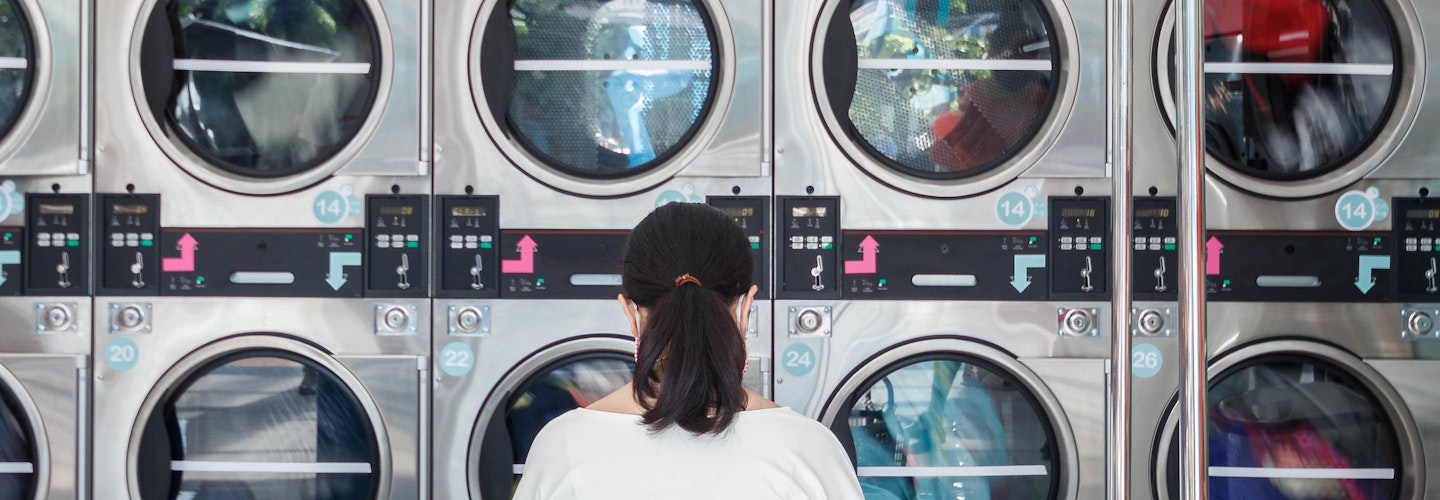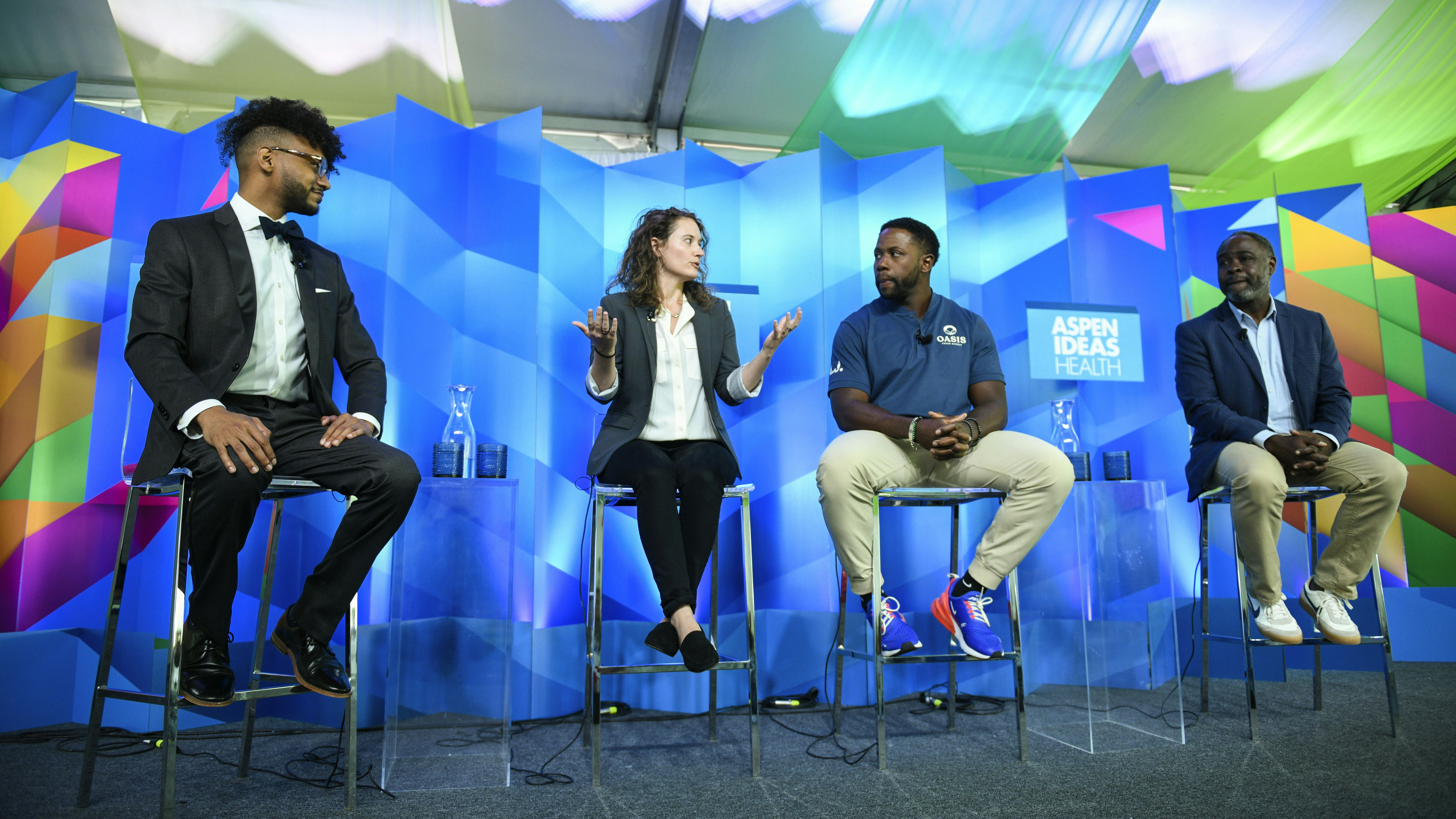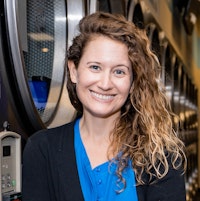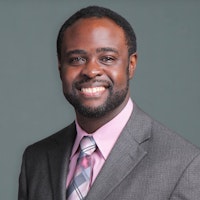

By Courtney Bragg, Co-Founder of Fabric Health
At Aspen Ideas: Health 2022, Courtney joined other local leaders to discuss how familiar community spaces, such as laundromats, grocery stores, and barber shops, can play an important role in connecting people to the health services they need. Here, she shares how her organization is providing trusted, last-mile health care engagement to busy families at laundromats across North and West Philadelphia (and soon Pittsburgh and Washington).
America is facing a crisis. As many as 14 million people may lose their health insurance this fall due to some unintended consequences of good policy.
When the pandemic began, Congress enacted the continuous coverage requirement to automatically re-enroll Medicaid recipients during the public health emergency. But as states “unwind” continuous coverage and require re-enrollment, those recipients are facing three major obstacles to continuing coverage.
- Time: The Centers for Medicare & Medicaid Services paused Medicaid redetermination, but families haven’t become less busy during the pandemic, and they’re now being told, “Surprise! Please find time to navigate this new, complex process.”
- Contact: Many state health departments and insurers lack updated contact information for the majority of their members. How does someone re-enroll if we can’t find them?
- Trust: Misinformation, coupled with a lack of trust in institutions, prevents urgent messages from breaking through the noise of people’s daily lives.
The answer, I believe, is to meet people where they already are.
On a weekly basis, 32 million Americans spend 2 hours at one of 30,000 laundromats across the country. With that insight, I co-founded Fabric Health and, in partnership with the state of Pennsylvania, we helped over a thousand families answer health insurance questions and navigate enrollment in Philadelphia as their towels tumbled. Families welcomed us and were excited to receive support from familiar faces—people who met them where they were, when they had time.
Every day, millions of families are sitting, waiting at laundromats—we are too. We believe that we can prevent a public health disaster by simply showing up where people already need to be. Fabric’s trusted relationships will help us close care gaps and improve well-being week after week, while the towels are tumbling.
It doesn’t end with Medicaid redetermination. When organizations work to meet families where they are, in the time they have, the problem of last-mile delivery can be overcome and all kinds of societal issues can be addressed. And sometimes that last mile is just a quick walk to the corner laundromat.
__________________________________________________
The views and opinions of the author are their own and do not necessarily reflect those of the Aspen Institute.





